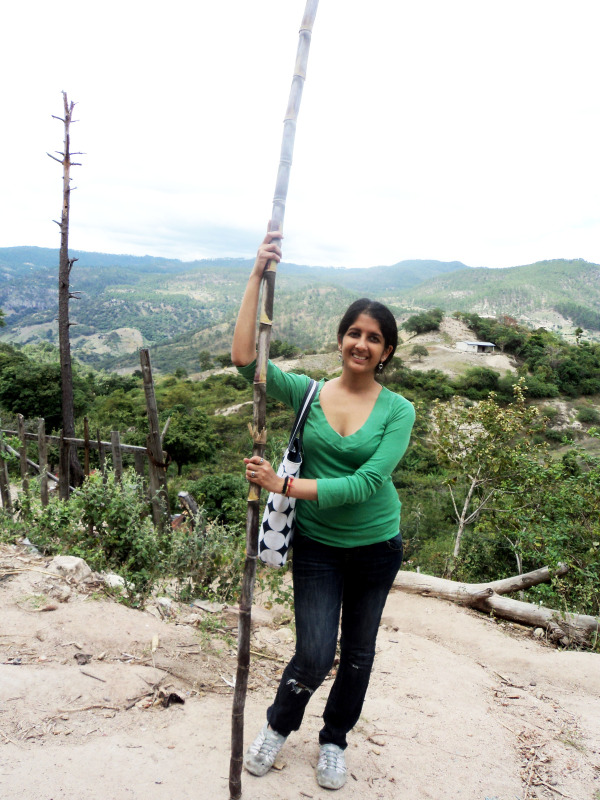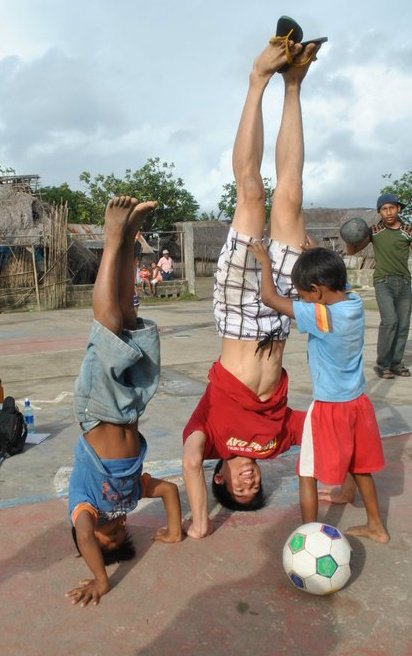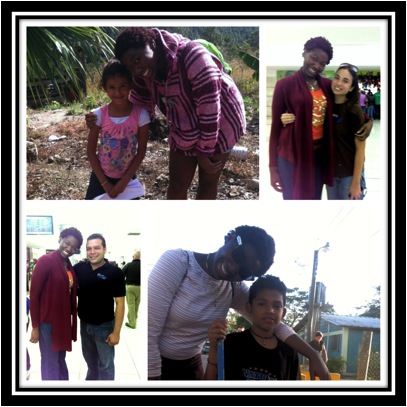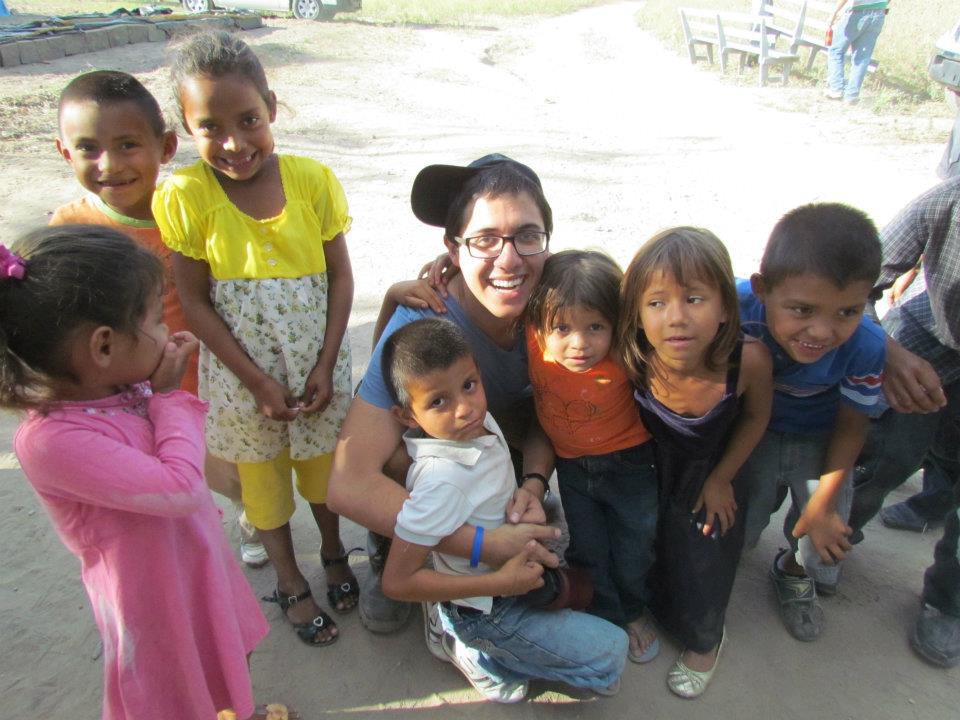Each week we bring you the story and perspective of an outstanding volunteer. This week, meet Shivani Kapur, a Microfinance Bigades volunteer from UC Berkeley who recently participated in a Brigade to Honduras.
—–
Microfinance. Although this term has generated a lot of media buzz, and is quickly establishing itself as a robust industry, the economic department at my university still has yet to offer a course covering the topic. Fortunately, there’s a brigade for that. This being our first brigade, we weren’t exactly sure how to prepare for the trip. We arrived in Honduras with what we considered to be a solid presentation, fill-in-the-blank spreadsheets, and a song about chocolate. It took us one meeting with the cooperative board to realize our presentation was useless and about five minutes at our first family visit to realize the spreadsheets were impractical.
The amazing thing about Global Brigades is that it is not a pre-packaged service, but rather a fluid exchange of 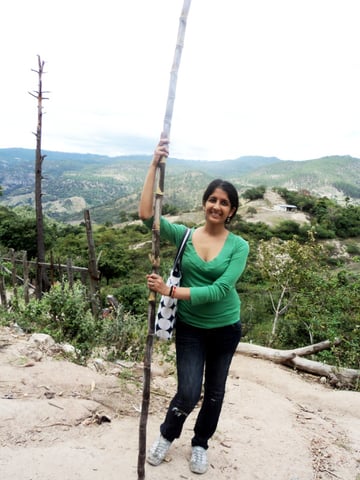 ideas. The town of Pajarillos may not have electricity, plumbing, or irrigation, but its community members are some of the most resourceful and ambitious people I have ever met. From powering televisions and indoor lighting with car batteries to turning a pond into a means to introduce a new industry into the community, the ingenuity of the community members definitely exceeds their ‘sixth grade equivalent’ education. Hence, we knew our suggestions for ways the cooperative could increase capital to distribute more loans were viable because our ideas were fleshed out based off of the feedback the community members and the cooperative board gave. The community added the specifications that turned ideas into a practical, step-by-step course of action. Global Brigades has taught me the power of collaboration.
ideas. The town of Pajarillos may not have electricity, plumbing, or irrigation, but its community members are some of the most resourceful and ambitious people I have ever met. From powering televisions and indoor lighting with car batteries to turning a pond into a means to introduce a new industry into the community, the ingenuity of the community members definitely exceeds their ‘sixth grade equivalent’ education. Hence, we knew our suggestions for ways the cooperative could increase capital to distribute more loans were viable because our ideas were fleshed out based off of the feedback the community members and the cooperative board gave. The community added the specifications that turned ideas into a practical, step-by-step course of action. Global Brigades has taught me the power of collaboration.
Although the Microfinance brigade does not have the same tangible end product of water or architecture brigade, our end product were pragmatic goals for both individual families, and the community. In return, we left with a newfound understanding of an entirely different culture. In addition to discussing the cooperative and finance issues, during our household visits, we were privileged enough to learn the intricacies of how the community members earn a living. From chopping down sugarcane with a machete to whacking beans out of their pods to riding donkeys, we learned the hard way that farming is far from simple.
Despite the cons associated with living in a ‘less developed’ community, our week in Pajarillos reaffirmed my belief that there are drawbacks to living in a hyper-technology society, as well. The genuineness of our interactions in the community, awkward silent moments and all, is something that I will never forget about our brigade. Concern, trust, and hope are all emotions that transcend language barriers, and witnessing the community members’ facial expressions change from uncertainty to optimism throughout our home visits was truly rewarding. In my opinion, the learning that happens during a microfinance brigade occurs in both directions, and anyone who is fortunate to be part of the week-long brigade is made wiser for life.

